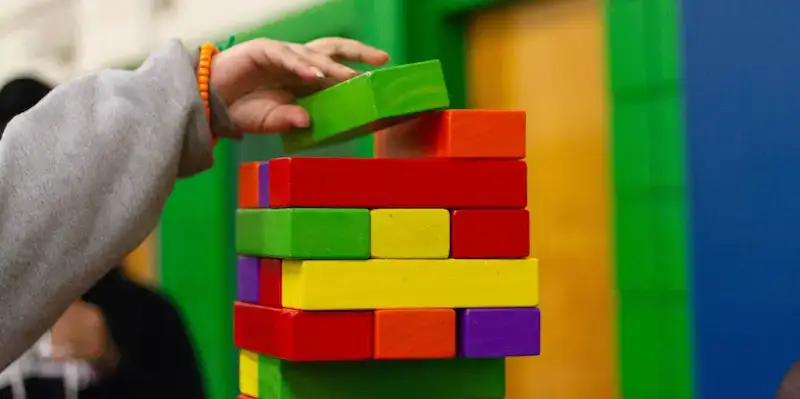Games have an incredible ability to transport us to different worlds, challenge our minds, and bring joy to our hearts. But did you know that games can also serve a therapeutic purpose? The use of games for therapy is a fascinating field that harnesses the interactive and engaging nature of games to promote healing, improve cognitive skills, and enhance overall well-being. In this article, we'll explore how games are being employed as therapeutic tools and the profound impact they can have on individuals' physical, emotional, and mental health.
Understanding Therapeutic Games: The Healing Magic
Therapeutic games, also known as "serious games," are specially designed games that serve a therapeutic or educational purpose. These games go beyond mere entertainment; they are crafted to target specific areas of improvement and provide therapeutic benefits.
Physical Rehabilitation: Healing Through Play
Motion-Based Games: Games that utilize motion-sensing technology like virtual reality (VR) or motion controllers can aid in physical rehabilitation. These games encourage patients to perform controlled movements, helping them regain mobility and strength.
Fine Motor Skills: Therapeutic games can focus on improving fine motor skills in patients recovering from injuries, surgeries, or neurological conditions. These games help patients regain dexterity and coordination.
Cognitive Stimulation: Exercising the Mind
Memory Enhancement: Games that challenge memory and cognitive functions can be beneficial for individuals with memory loss or cognitive decline. These games keep the mind active and engaged.
Problem-Solving Challenges: Strategic and puzzle-solving games promote cognitive skills by encouraging players to think critically and solve complex problems.
Emotional Well-being: Games for Mental Health
Stress Relief: Engaging in games can provide an outlet for stress and anxiety, offering a distraction and a way to unwind.
Emotion Regulation: Games that simulate real-life situations can help individuals practice emotion regulation and coping mechanisms.
Social Interaction: Connecting Through Play
Virtual Social Environments: Online games provide a platform for individuals with limited mobility or social anxiety to connect and interact with others.
Team Building: Multiplayer games encourage teamwork, communication, and collaboration—skills that can be transferred to real-life situations.
Children and Adolescents: Therapeutic Playtime
Play Therapy: Therapeutic games are particularly effective for children and adolescents, providing a non-invasive way for them to express themselves and work through emotional challenges.
Skill Development: Games designed for children with developmental delays can help improve speech, motor skills, and social interactions.
Incorporating Games into Therapy: The Road to Recovery
Professional Guidance: Therapeutic games are often used under the guidance of trained therapists or healthcare professionals who tailor the gaming experience to the individual's needs.
Personalized Approach: Therapists select games that align with the patient's goals and adapt the difficulty level as progress is made.
Ethical Considerations: Balancing Play and Therapy
Clear Intent: Therapeutic games should have a clear therapeutic intent, ensuring that the game's design aligns with the therapeutic goals.
Balancing Enjoyment and Healing: Games should provide both therapeutic benefits and an enjoyable experience, striking a balance between playfulness and purpose.
Future Possibilities: Gaming as a Healing Tool
Continued Innovation: As technology advances, the potential for therapeutic games continues to expand, offering new ways to address various physical and mental health challenges.
Accessible and Affordable: The widespread availability of gaming platforms makes therapeutic games accessible to a larger audience, potentially reducing healthcare costs.
In Conclusion: Healing Through Play
The use of games for therapy represents a merging of two worlds—play and healing. By leveraging the interactive and engaging nature of games, therapists are unlocking new avenues for promoting physical rehabilitation, cognitive growth, emotional well-being, and social interaction. From individuals recovering from injuries to children working through emotional struggles, the therapeutic power of games is leaving a lasting impact on lives.
As technology evolves and the therapeutic gaming landscape continues to grow, we are witnessing a remarkable fusion of entertainment and healing. Whether in the form of motion-based exercises, cognitive puzzles, or immersive virtual environments, games are proving to be more than just entertainment; they are tools of transformation, guiding individuals toward healing, growth, and a better quality of life.
